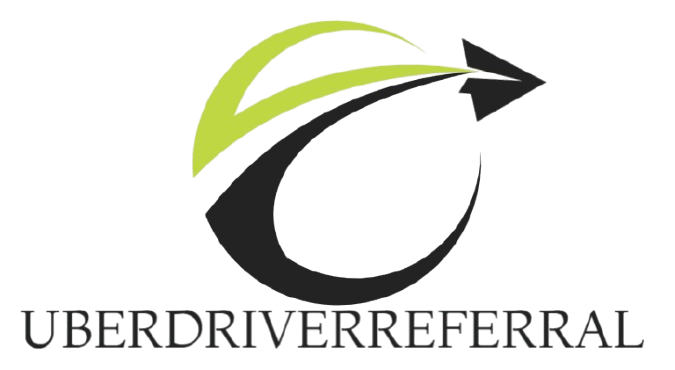In the dynamic world of gig work, from rideshare driving to freelance consulting, understanding tax obligations is crucial. Gig workers are essentially small business owners, and with that comes the responsibility of managing taxes effectively. Here are seven essential tax tips to help gig workers optimize their post-tax income.
1. Choosing the Right Business Structure: LLC vs. S-Corp
Determining the appropriate business entity is a foundational step. A Limited Liability Company (LLC) is straightforward to establish and offers personal liability protection. However, in states like California, LLCs are subject to an annual tax of $800, which may influence your decision.
An S-Corporation (S-Corp) is an LLC that elects a special tax status with the IRS. This structure allows you to pay yourself a reasonable salary and take additional income as distributions, potentially reducing self-employment taxes. It’s essential to consult with a tax professional to determine the best fit for your specific situation.
2. Leveraging Section 179 for Vehicle Deductions
If your gig work involves using a vehicle, Section 179 of the IRS code can be advantageous. This provision allows for immediate deduction of the cost of qualifying business assets, including vehicles, rather than depreciating them over time.
- Light Vehicles (under 6,000 lbs): Eligible for up to $20,200 in first-year deductions.
- Heavy Vehicles (over 6,000 lbs): Can deduct up to 80% of the purchase price in the first year, with a cap of $28,900 for 2023.
- Other Vehicles (over 14,000 lbs): Eligible for 100% deduction in the first year.
To qualify, the vehicle must be used more than 50% for business purposes.
3. Utilizing the Standard Mileage Deduction
For those who drive extensively for work, the standard mileage deduction can be a significant tax saver. In 2023, the IRS allows a deduction of 65.5 cents per business mile driven. It’s important to note that you cannot claim both the standard mileage deduction and actual vehicle expenses for the same vehicle in the same year.
Maintaining accurate records of business miles driven is essential. Consider using mileage tracking apps to simplify this process.
4. Claiming the Home Office Deduction
If you use a portion of your home exclusively for business, you may be eligible for the home office deduction. The IRS offers a simplified option, allowing a deduction of $5 per square foot of home office space, up to a maximum of 300 square feet. This equates to a maximum deduction of $1,500.
Ensure that the space is used regularly and exclusively for business activities to qualify.
5. Deducting Health Insurance Premiums
Self-employed individuals can deduct 100% of their health insurance premiums, including medical, dental, and qualified long-term care insurance, for themselves, their spouses, and dependents. This deduction is taken on the personal income tax return and is subject to certain conditions, such as not being eligible for an employer-subsidized health plan.
6. Writing Off Education and Training Expenses
Expenses for education that maintains or improves skills required in your current business are deductible. However, courses that qualify you for a new trade or business are not eligible. Keep detailed records of course materials, tuition, and related expenses to substantiate your deductions.
7. Contributing to Retirement Plans
Contributions to retirement plans like a SEP IRA or Solo 401(k) can reduce your taxable income. For 2023, you can contribute up to 25% of your net earnings from self-employment, with a maximum limit of $66,000. These contributions are tax-deductible and can significantly impact your long-term financial planning.
Additional Considerations
- Quarterly Estimated Taxes: As a gig worker, you’re responsible for paying estimated taxes quarterly. Failure to do so may result in penalties.
- Record Keeping: Maintain meticulous records of all income and expenses. Utilize accounting software or hire a professional to ensure accuracy.
- Consult a Tax Professional: Tax laws are complex and subject to change. Engaging a certified tax professional can provide personalized advice and ensure compliance.
By understanding and applying these tax strategies, gig workers can effectively manage their tax liabilities and enhance their financial well-being.


